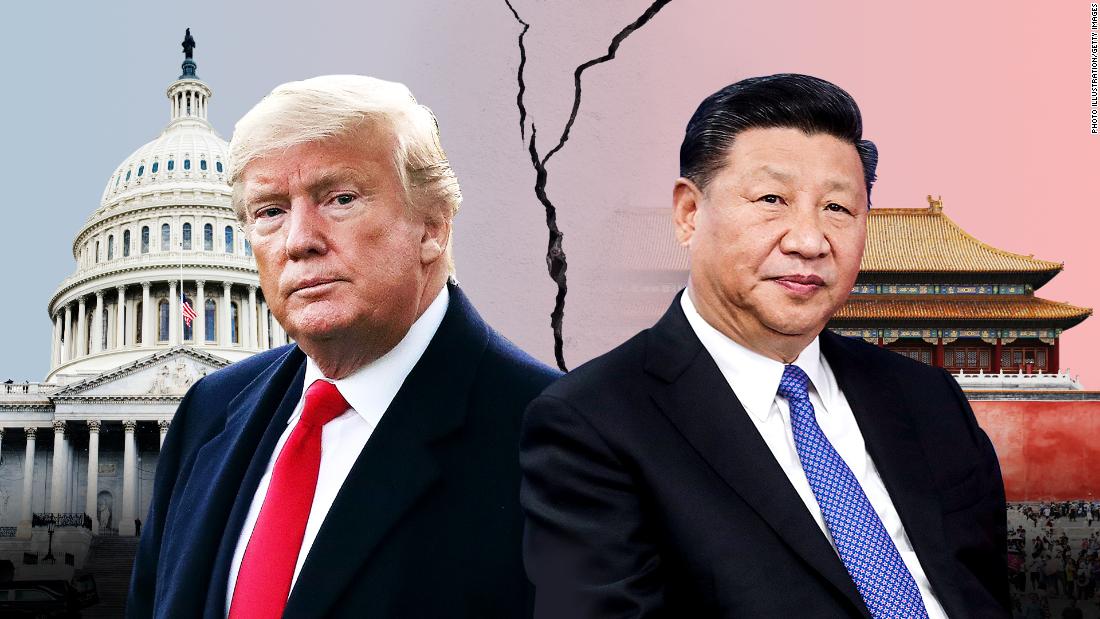
China has been criticized at home and abroad for handling the virus, especially during the initial outbreak. Pushing back such criticism with increasingly fierce rhetoric, Beijing said it was only “responding” to false accusations, especially from the US.
“Lowest point” in decades
The dramatic setback for relations came as a result of a two-year trade war between the two largest economies in the world – a trade war that has pushed tensions to new heights and pushed decoupling talks.
But while Trump’s approach to China is not necessarily new, the situation he now faces is “far more dramatic and dangerous,” said David Zweig, emeritus professor at Hong Kong University of Science and Technology and director of Transnational China Consulting Limited.
“The stakes are much higher,” Zweig said. “In 2016, it is people’s work. In 2020, this is people’s lives.”
First detected in central Wuhan in China last December, coronaviruses have spread far beyond the country’s borders, infecting 3.9 million people and killing at least 276,000 worldwide.
The Chinese government has cast doubt on the origin of the pandemic, claiming that the earliest case might not have occurred in Wuhan.
Shi Yinhong, adviser to the Chinese government and professor of international relations at Renmin University of China, said US-China relations have now “reached their lowest point since 1972,” when former US President Richard Nixon made a historic visit to Beijing to normalize bilateral relations with China, which during for years has been diplomatically isolated from the West.
“Since the beginning of 2018, China-US relations have entered into conditions of competition and comprehensive competition. But since the pandemic, relations have suffered a major blow,” Shi said.
Competition and antagonism between the two countries have now expanded to trade, technology, geopolitics and political ideology, and signs of decoupling are also widespread under a pandemic as locking measures disrupt flights, international travel and global supply chains, Shi said.
The rise of nationalism
Likewise, in China, nationalism and anti-foreign sentiments are increasingly high. Supported by the media and government officials, there is also a growing bitterness that the Chinese people, especially the Wuhan people, have made great sacrifices to withstand the virus and suffer huge losses, but their country is still criticized for not doing enough – and being responsible answer for other government’s inadequate response to this pandemic.
“It is very clear when there is external hostility towards China, people tend to become more nationalistic. And the (Chinese Communist) Party plays that,” Zweig said.
“People feel that ethnic Chinese are under attack. They have become very defensive. And that makes it very difficult for more rational voices to speak.”
Economic growth and nationalism for decades have been two springs of Chinese Communist Party political legitimacy. The country’s economy has been hit hard by coronavirus outbreaks, shrinking 6.8% in the first quarter of this year – the worst decline since quarterly records began in 1992. And with economic growth more difficult to sustain than ever before, the party will likely shift more to nationalism to strengthen its grip on power.
When the number of new infections dropped in China and soared overseas, state media praised China’s success in defeating the virus while highlighting the failure of other governments to curb its spread – especially the United States.
On April 30, the Chinese government news agency, Xinhua, posted an animated video featuring figures such as Lego mocking the US response to the pandemic. Has been viewed 2 million times on Twitter.
Last week, Chinese President Xi Jinping gave a speech to the country’s youth to commemorate the 101st anniversary of the May Four Movement, a student-led political movement triggered by angry protests against the government’s failure to stop foreign aggression and defend Chinese interests. Then it developed into a broader call for modernity, democracy and science.
In his speech, Xi praised young people for their role in the fight against the coronavirus outbreak, and urged them to “work hard to realize China’s dream of national rejuvenation,” CCTV television reported.
Under Xi’s vision of the “Chinese dream” and the drive for “national rejuvenation,” Beijing has grown increasingly resolute in its foreign policy, wanting to project its influence in the world and persistently defend its “core” national interests, including disputed territorial claims, . This approach has drawn criticism at home and abroad for alienating the US and other members of the international community.
International counterattack
Under the pandemic, Beijing finds itself in the midst of a growing global reaction that goes beyond the US.
Shi, an adviser to the Chinese government, said several Western powers had allied with the US in blaming China for allegedly mismanaging the plague – and that was a serious foreign relations issue for Beijing.
“From the Chinese point of view, this is closely related to the prestige of the Chinese regime and potential stability,” he said.
As well as through state media, China has tried to maintain its image through diplomatic envoys. Known as “wolf soldier” diplomacy, it refers to the popular Chinese action film series in which the country’s military implements brave operations throughout the world. But the increasingly aggressive tone of some Chinese diplomats has sparked tension and sparked criticism.
“Even if after the pandemic passes, these problems will still exist. They may be less emotionally sued at the time, but they will be there all the same,” Shi said.
“The memory (the pandemic and its destruction) is so deep that I fear (the scar) will remain in the hearts of all generations.”
Vivian Salama from CNN, Jeremy Diamond, Kevin Liptak, Kylie Atwood and Stephen Collinson contributed to this report.


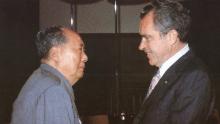
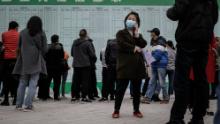
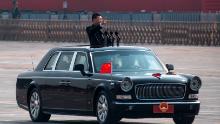
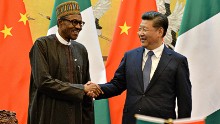


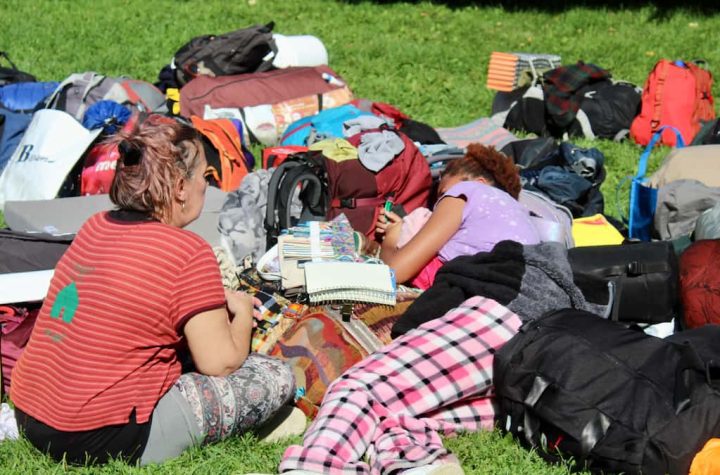

More Stories
Healing Streams Live Healing Services with Pastor Chris: Miracles Await this March 14th – 16th, 2025!
Essential Care for Hermann’s Tortoise: A Guide to Thriving Pets
Nail Decisions: Which is Better for You, Acrylic or Gel?